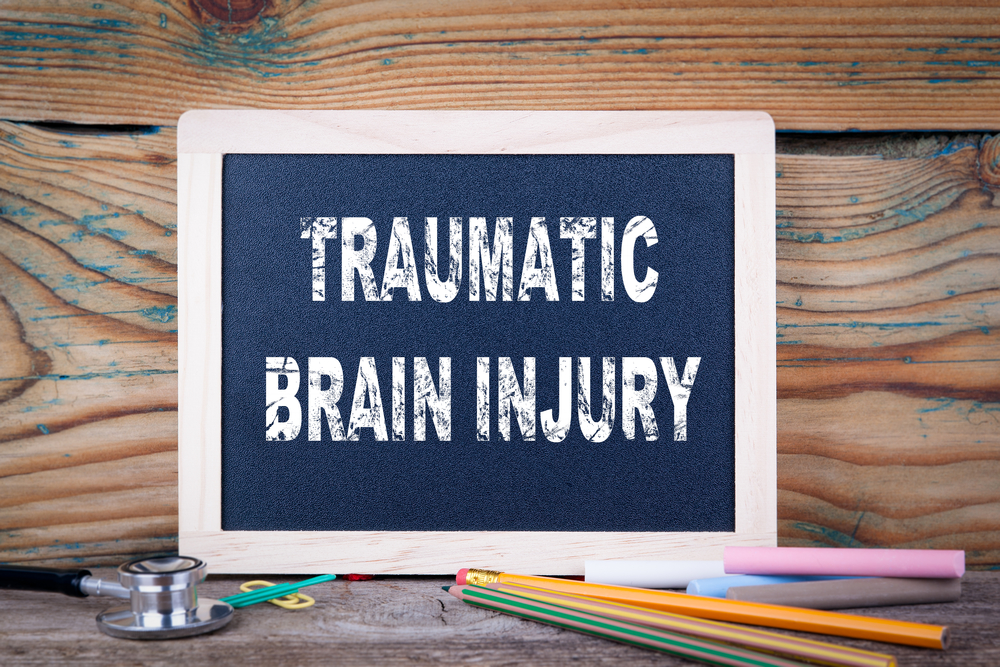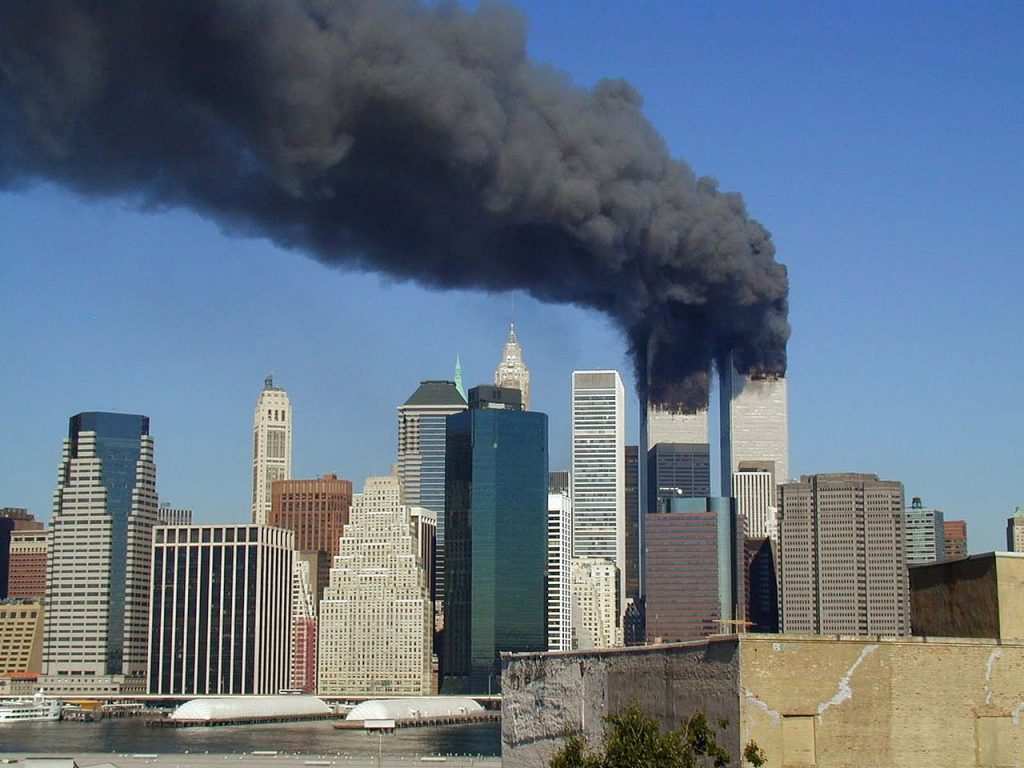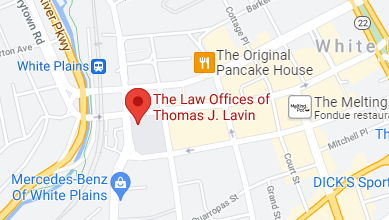Losing a loved one unexpectedly can be heartbreaking and painful. It may even be more emotionally distressing if such a loss was due to another’s negligent or criminal act. While no amount of money can offer emotional healing after losing a loved one, it can provide justice and monetary assistance to relieve any financial burdens.
For a personal injury case in New York to qualify as a wrongful death lawsuit, one needs to prove certain elements and provide evidence to support the case. This process can be overwhelming and tough to handle by yourself. You may need an experienced and dedicated Bronx Personal Injury Law Firm to secure fair compensation in your New York wrongful death lawsuit.
What Do New York Wrongful Death Laws Say?
New York’s wrongful death laws give direction on how such cases can be started and conducted. According to these laws, relatives of the deceased can file a wrongful death lawsuit, including:
- Parents
- Children
- Spouses
- Personal representative for the deceased’s estate
The laws are rather complicated in New York than in other states. For you to bring a wrongful death action in New York, you must have been financially dependent on the loved one who is now deceased.
What Are the Elements Required to Prove a Wrongful Death Claim?
New York law sets forth elements of wrongful death. When filing for wrongful death in New York, a family member has a cause of action if the following requirements are met:
- A person must have passed away
- The death must have occurred due to the negligence of another or provable wrongful conduct
- The negligent party’s conduct could have resulted in a personal injury or similar lawsuit and could have resulted in recovered damages – if the victim had survived
- One or more survivors or relatives of the victim has suffered damages due to the death
This last requirement needs the surviving family member to have a reason for bringing wrongful death. These reasons may be:
- Loss of companionship
- Emotional pain and suffering
- Loss of income if the deceased was the provider
Perhaps a more concise and concrete way of understanding the elements of a wrongful death claim is that they mirror those of traditional personal injury claims which include proving that the offender owed the decedent a duty of care. And that the defendant breached this duty of care by acting negligently or participating in a wrongful act. That this breach of duty of care was a direct cause of the death, and there are damages the surviving family or estate has suffered due to the death.
What Evidence Do I Need to Prove Wrongful Death?
The most challenging aspect of a wrongful death action and the most difficult element to prove is showing that the death would not have occurred if it wasn’t for the defendant’s negligent or wrongful act.
To prove the four elements of wrongful death, you must submit different types of supporting evidence. Some evidence types that can help show negligence and causation of damages include:
- Medical reports
- Police reports
- Expert opinions
- Pictures of the accident scene
- Records and logs like product testing logs
- Eyewitness statements
- Video footage showing the accident
When trying to prove damages, you could use evidence like medical bills, tax or financial statements, and personal statement. Your Bronx wrongful death attorney will help you determine which type of evidence can be used depending on your case.
What Type of Accidents Could Result in Wrongful Death in New York?
Many accidents could be avoided if we were more careful. Notably, it’s crucial to figure out what caused your loved one’s death because not every accident is due to negligence. For instance, your loved one might have been involved in a slip and fall accident in a shopping mall. If there wasn’t anything wrong with the floor, you might not be able to sue.
But if your loved one died in a slip and fall accident in the mall due to a loose tile, you may be able to bring a wrongful death claim or suit if there’s evidence of negligence on the responsible party’s part.
Some everyday events that can lead to wrongful death lawsuits include:
- Motor vehicle collisions or drunk driving
- Bicycle accidents
- Medical malpractice
- Trip, slip, and fall accidents
- Manslaughter, or murder
- Construction and workplace incidences
- Premises liability incidences
- Nursing home abuse
- Manufacturing a defective product
What Are the Possible Compensatory Damages in a Wrongful Death Lawsuit?
Damages you and your family may be entitled to in a wrongful death claim can vary based on your case’s unique nature and facts.
However, the full range of these damages include:
- Loss of future income and financial support
- Funeral expenses
- Medical expenses incurred when the deceased was receiving care
- Loss of companionship, particularly for the spouse
- Loss of inheritance
- Pain and suffering the deceased may have suffered before death
You may receive additional types of damages depending on your case.
What Is the Deadline for Filing a Wrongful Death Lawsuit in NY?
New York has a statute of limitations which dictates the period families have before the filing duration expires. In New York, you have two years to bring forth a wrongful death claim. Failing to file within two years of your loved one’s death will bar you from any form of recovery. Get in touch with your New York wrongful death lawyer immediately to avoid being locked out.
Legal Advice from a Compassionate Attorney in The Bronx
Proving a wrongful death in New York can be daunting for a number of reasons. When still grieving over the loss of a loved one, filing for such a claim can feel overwhelming, or even unnecessary. Nevertheless, you deserve and are entitled to substantial money damages.
If you’re not sure you have the right to bring a lawsuit, consult a wrongful death attorney in the Bronx for legal advice. A skilled lawyer will walk you through the filing process, help build your case, and fight for your damages. We are ready to listen to you and walk you every step of the way. Talk to us today on 718-829-7400.










